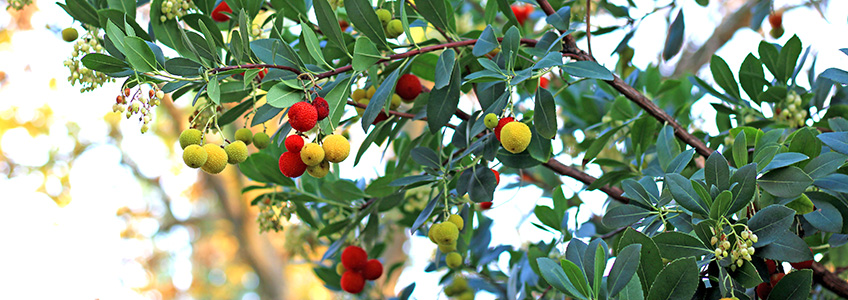Dr. Maurizio Battino, executive director of the Iberoamerican University Foundation (FUNIBER) branch in Italy, is participating in a comparative study on the inhibitory effects of strawberry tree honey and Manuka honey on human colon cancer cells.
Colorectal cancer is the second most common cancer in Europe. Due to its resistance to cytostatic drugs, the survival rate is five years. However, there are still no adequate treatment options for this type of cancer. Therefore, it has become urgent to establish new preventive and therapeutic approaches for this disease.
Natural compounds have been found to have potential effects on colorectal cancer by stimulating the cytotoxic effect on colon cancer cells. One of the most efficient natural products is honey, a rich source of pharmacological components with antioxidant, antibacterial, anti-inflammatory, antihypertensive, anticancer, and antimetastatic activities. However, it was important to consider that the bioactive compounds of honey vary and depend not only on floral sources but also on geographical origins, seasonal and environmental factors.
Monofloral strawberry tree honey (STH) is a recognized product from certain Mediterranean regions such as Sardinia. STH contains exceptional antioxidant properties thanks to its phenolic compounds, mainly flavonoids and phenolic acids. However, there are few studies that analyze its phytochemical component and its biological properties.
This is why Maurizio Battino, together with other professionals, conducted research that examined the phytochemical content and antioxidant activity of strawberry tree honey (STH) from different Sardinian origins and its cytotoxic properties against human colon cancer. They also compared its characteristics with the values of the properties of Manuka honey (MH), widely known for its phenolic compounds, flavonoids, among others.
Research results
The study showed that STH and MH can induce death and increase intracellular ROS generation in colon cells. In addition, the bioactive compounds of honey depend on its floral sources, geographical origins, seasonal and environmental elements influencing the antiproliferative effect and antioxidant potential. The study showed that STH honey from the Berchidda area produced greater cytotoxic effects compared to MH honey.
If you want to know more about this fascinating study, click here.
To read more research, check the repository of the Universidad Europa del Atlántico (European University of the Atlantic, UNEATLANTICO), which belongs to the network of universities with which FUNIBER works closely through strategic agreements.
Finally, the Iberoamerican University Foundation (FUNIBER) offers various educational programs such as the International Master in Diet and Nutrition.
